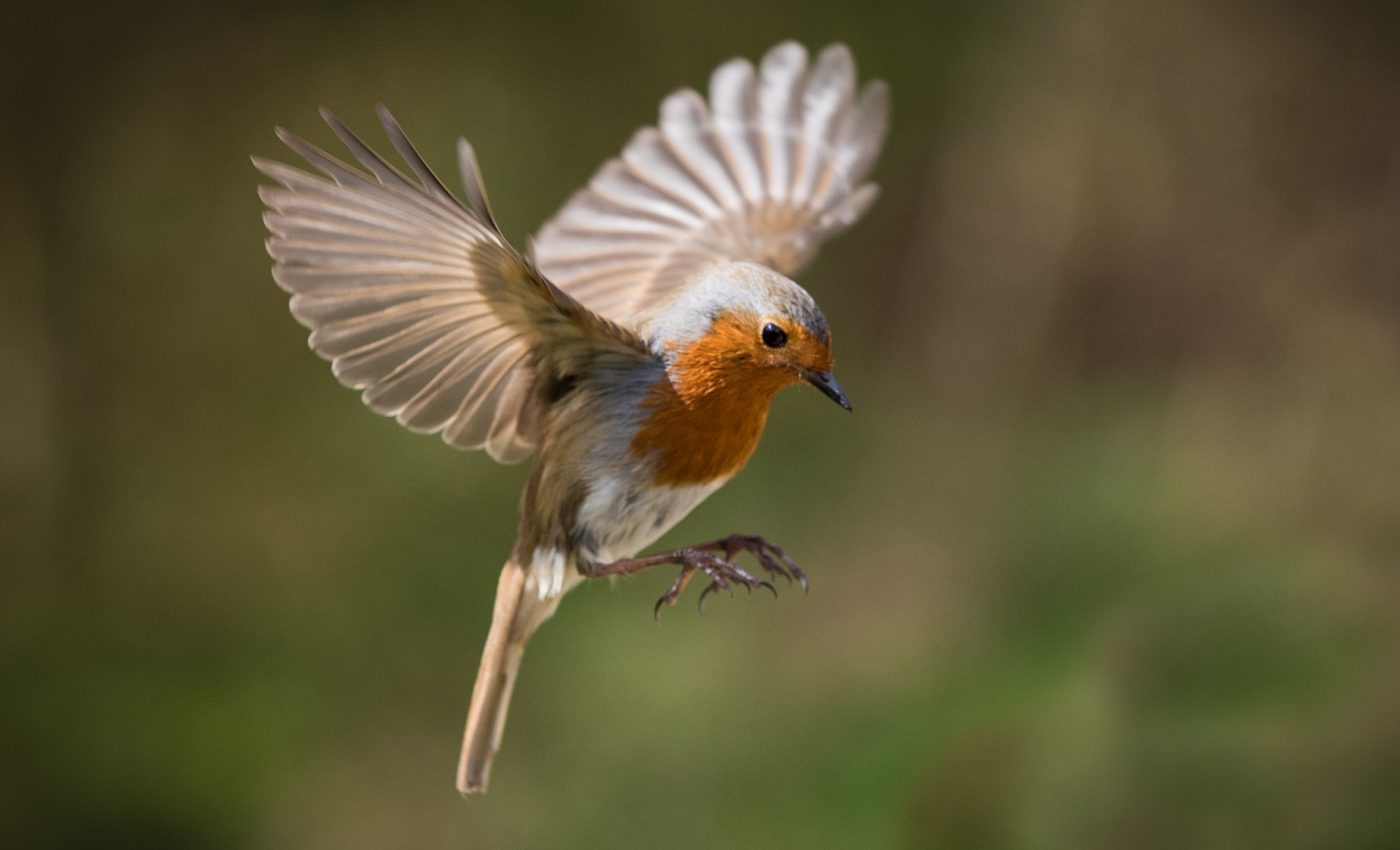
Traffic noises prevent robins from accurately assessing threats
A new study has revealed that it’s not just city skyscrapers and wind turbines that pose a threat to birds.
Traffic noise and other city sounds have been found to be harmful to robins as they can hinder the bird’s hearing.
Researchers from Queen’s University in Northern Ireland discovered that human background noise disrupts how robins hear aggressive warning calls, which could lead to population declines in urban areas.
Robins are territorial. If they hear a nearby robin encroaching near their nest, evidenced by a loud and aggressive chirping, the robin will respond in kind with a quick and complicated succession of chirps that warns the other bird to stay away.
This exchange of warning birdsongs is important for assessing threats in areas where food is scarce. A robin uses its best judgment to decide if it’s worth it to fight or look for food elsewhere.
To see how city noises impact these exchanges, the researchers played warning calls to 15 robins with no noise in the background.
The robins that heard the recordings responded with loud and complex warning calls of their own, quickly firing back at the more aggressive recordings.
Next, the researchers played the recordings with background traffic noise. The robins were not able to tell the difference between an aggressive territorial call and a regular birdsong.
“We found that bird song structure can communicate aggressive intent, enabling birds to assess their opponent,” said Dr. Gareth Arnott, the senior author of the study. “But human-made noise can disrupt this crucial information passed between them by masking the complexity of their songs used for acquiring resources, such as territory and space for nesting.”
The researchers knew that the white noise impacted bird hearing because the robins did not respond with their usual loud and quick warning calls when they heard the recordings with traffic noises.
“The study is evidence that human-made noise pollution impacts animal habitats and directly influences their ability to communicate properly, which may have implications for survival and population numbers for birds,” said Arnott. “This must be further investigated in order to protect our valued biodiversity.”
The researchers published their findings in a study in the journal Biology Letters.
—
By Kay Vandette, Earth.com Staff Writer
Image Credit: Nicky Rhodes













